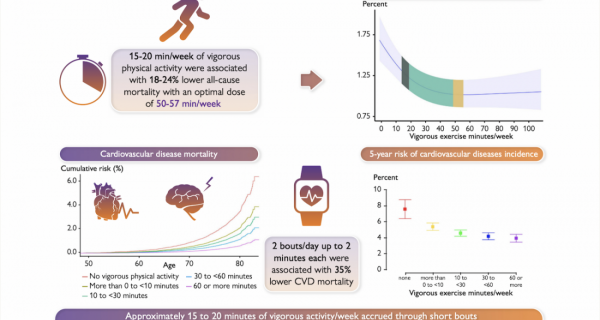A Good Hydration May Be Linked To Healthier Aging
Adults who stay well-hydrated appear to be healthier, develop fewer chronic conditions, and live longer than those who may not get sufficient fluids, a new study finds.

Finding and implementing preventive measures that slow down the aging process is currently a major challenge and opportunity in preventive medicine. Slowing the aging processes and extending a healthy life span has the potential to not only improve our overall quality of life but also decrease health care costs.
In a new study published in eBioMedicine, authors test the hypothesis that optimal hydration may slow down the aging process.
By using health data gathered from 11,255 adults over a 30-year period, researchers analyzed links between serum sodium levels – which go up when fluid intake goes down – and various indicators of health. What they found was that adults with serum sodium levels at the higher end of a normal range were more likely to develop chronic conditions and show signs of advanced biological aging than those with serum sodium levels in the medium range. Adults with higher levels were also more likely to die at a younger age.
In other words, adults who stay well-hydrated appear to be healthier, develop fewer chronic conditions, such as heart and lung disease, and live longer than those who don’t get sufficient fluids. “The results suggest that proper hydration may slow down aging and prolong a disease-free life,” said Natalia Dmitrieva, Ph.D., a study author and researcher in the Laboratory of Cardiovascular Regenerative Medicine at the National Heart, Lung, and Blood Institute (NHLBI).
As mentioned in the paper, worldwide surveys previously carried out have found that over 50% of the world’s population does not drink the recommended amounts of fluids. The recommended amount starts at 6 cups (1.5 liters) liters of water per day.
As a precaution, the findings don’t prove a causal effect. Randomized, controlled trials are necessary to determine if optimal hydration can promote healthy aging, prevent disease, and lead to a longer life. Nonetheless, such associations can still inform clinical practice and guide personal health behavior.

































